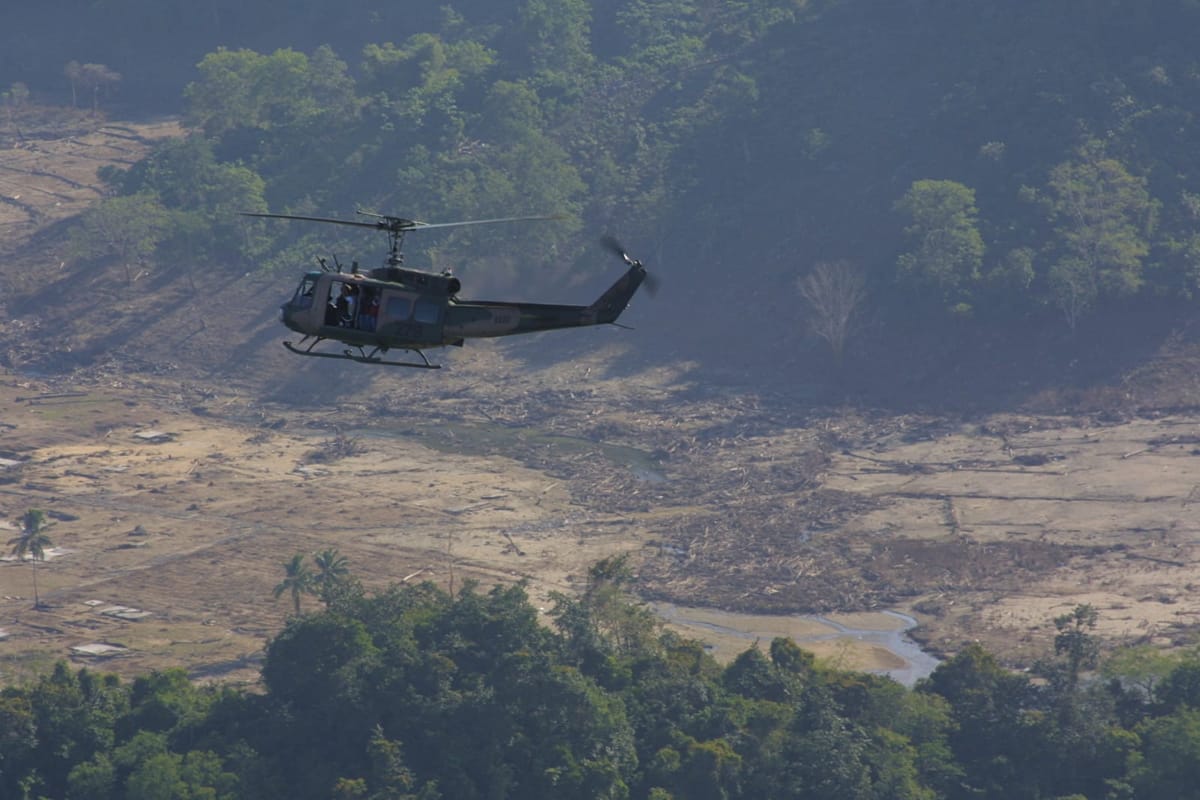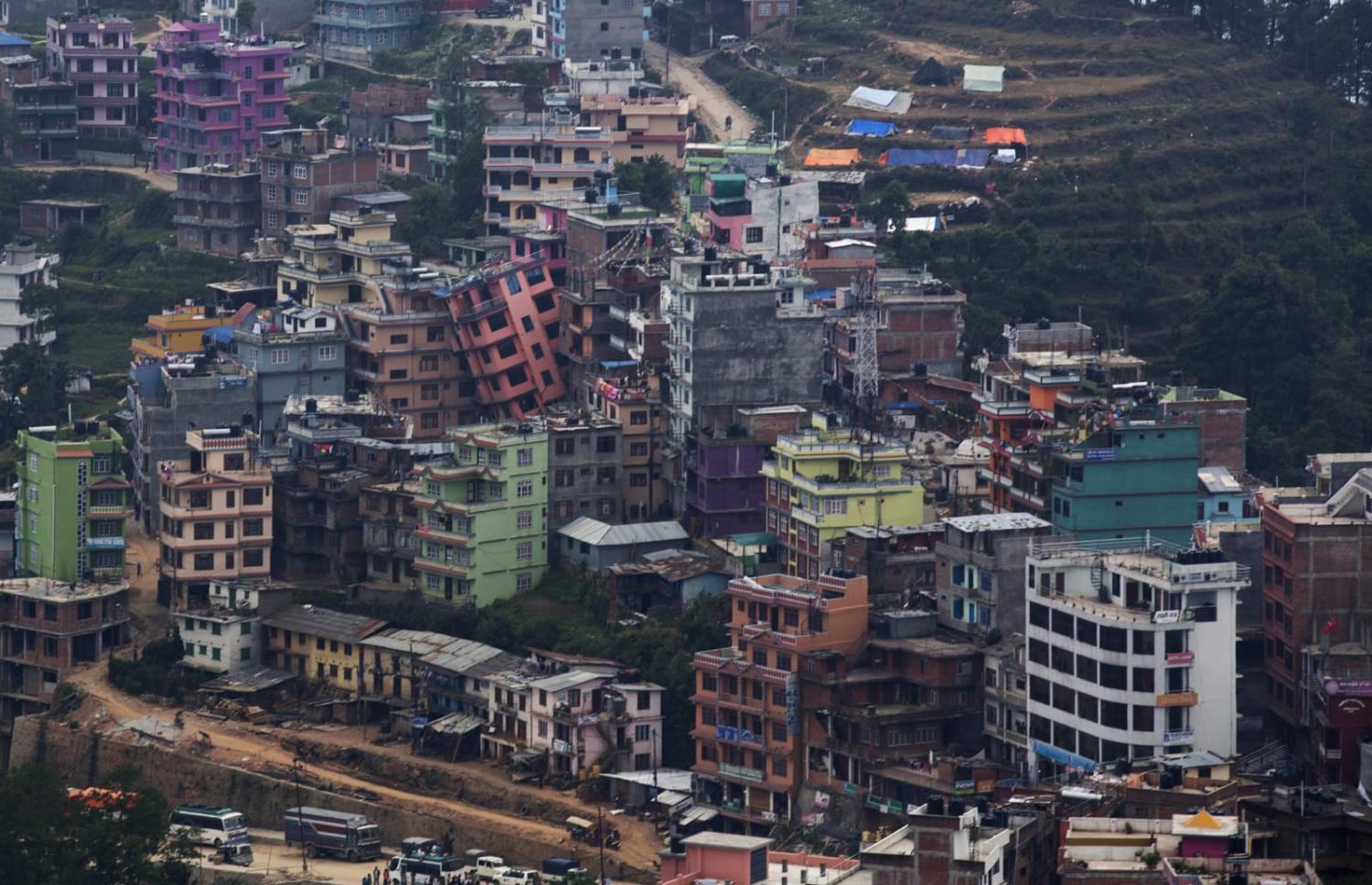India’s Prime Minister Narendra Modi likes to emphasise the “practical dimension” of the Quad grouping – working together in response to disasters, not only the four members, but with countries across the Indo-Pacific region. And indeed, there is evidence of increasingly positive regional attitudes towards cooperation.
The genesis of the Quad traces back to a response to the 2004 Indian Ocean Tsunami, one of the largest Humanitarian Assistance and Disaster Relief (HADR) efforts in history. India, Australia, Japan, and the United States banded together as a team to expedite assistance to the hundreds of thousands of people desperate for help. The effort showcased the potential of the Quad, which – after a false start – formalised into a leaders-level grouping with ambitions for a range of initiatives, from maritime domain awareness to health security, cyber, space, emerging technologies, education, and more.
But the Quad must not lose sight of its origins. It should return to its roots and operationalise a framework for Humanitarian Assistance and Disaster Relief.
In 2022 the Quad established formal guidelines for a partnership on HADR in the Indo-Pacific. By signing onto the operation, members committed to meet biannually and conduct regular tabletop exercises – discussion-based planning drills to simulate an emergency – to improve preparedness, coordination, and interoperability. The first edition of the HADR Tabletop Exercise was conducted in India the same year, while Australia hosted in 2023 – both were crucial to taking the next step, by establishing standard operating procedures to ensure organisation in the chaos of disaster. This included command and control systems and the systematic stockpiling of in-region supplies, all to be in place before catastrophe strikes.
The lesson from 2004 was that the combined civilian-military effort made relief operations successful. The Quad, then described as the “Tsunami Core Group”, acted as the organisational structure allowing partners to leverage their existing military assets in concert to create logistic hubs for deploying personnel and transporting supplies. This only magnified the impact of civilian-led international and non-governmental aid organisations as everyone worked together.

One specific example was the use of the Royal Thai naval air base as a regional air hub for cargo aircraft delivering aid from all parts of the world. Long-term efforts by United States Indo-Pacific Command (USINDOPACOM) in building defence cooperation with Thailand paid off. Such a massive operation could not have taken place without the existence of this infrastructure, a former US Air Force B-52 base during the Vietnam War, and regular exercises done between the United States and Thailand at Cobra Gold. The strength of the Quad builds on a growing web of bilateral relationships – a potential butterfly effect, compounding the resources available in a moment of crisis.
There is now an urgent need for the Quad to operationalise and conduct field exercises for HADR to ensure this reach can function smoothly in a time of crisis. The risk of disaster has increased with intensifying weather volatility and climate change. The good news is the hardware, planning, and basis of defence cooperation relations already exists. Defence agreements such as the Logistics Exchange Memorandum of Agreement , Communications, Compatibility and Security Agreement, and the Industrial Security Agreement between India and the United States are just a few examples. Further, the Quad’s Working Groups have engaged in the gritty work of fusing together the capabilities of all four partners to increase their joint capacity in responding to emergency.
Now, the Quad needs to practice. Transitioning from a tabletop to the field will allow the Quad to see its HADR framework in action. An opportunity to exercise is on the sidelines of Exercise Malabar. Malabar is not a Quad exercise, however it involves each of the members and it would be a best use of resources and time to hold “HADR practice” after Malabar concludes. To further place emphasis on the separation, other regional partners can and should be invited to participate.
By conducting a HADR exercise, India, the United States, Japan, and Australia will be able to test drive relief operations, and contribute to the assessment of plans and policies for the next tabletop edition. The expansion of the HADR mission by the Quad will not only benefit Indo-pacific nations during times of immediate need, but serve as a crosscutting initiative to strengthen the region’s ability to work together on a wide range of issues. The Quad needs to show the Indo-Pacific what it looks like to be friends with democracy.

